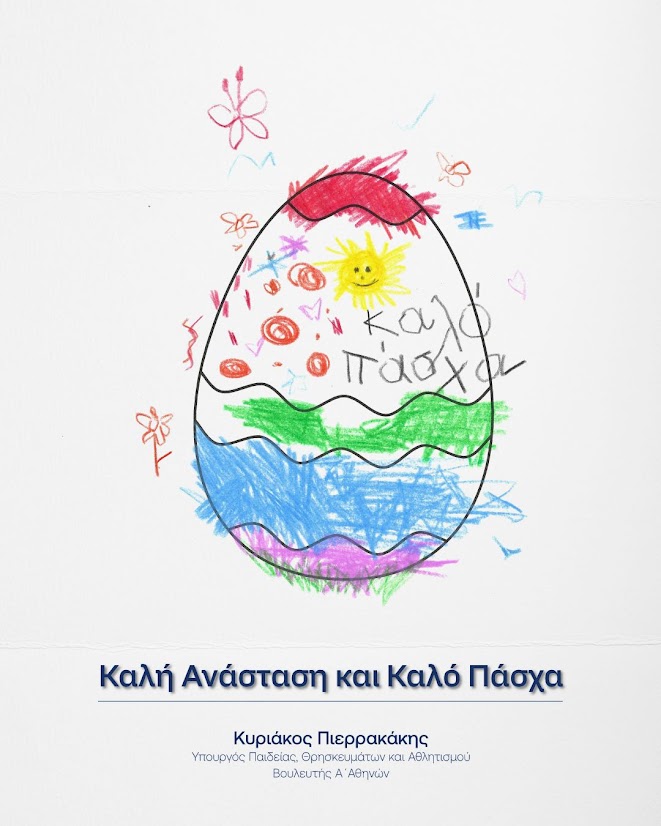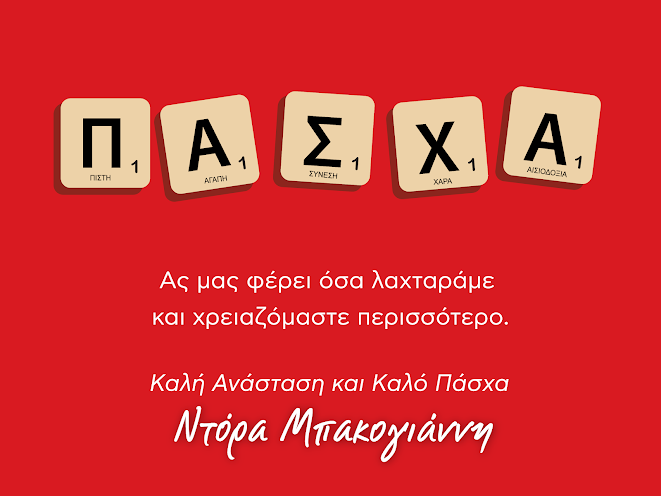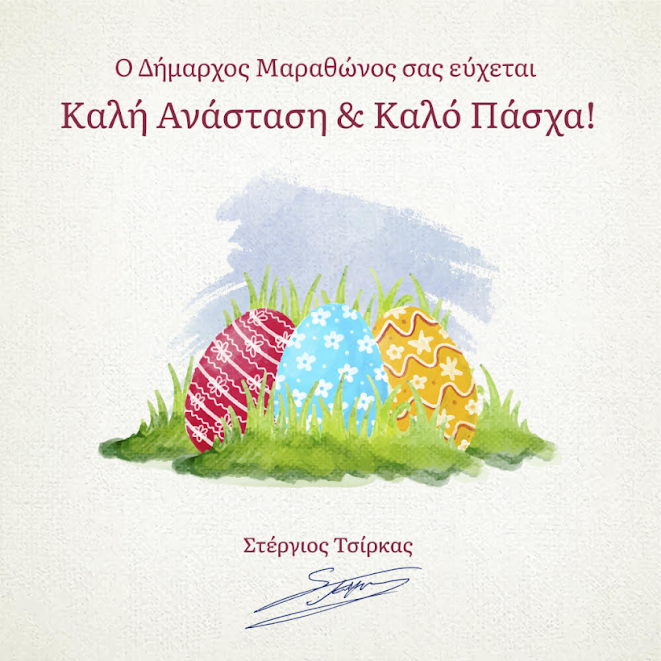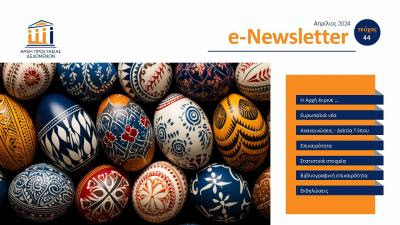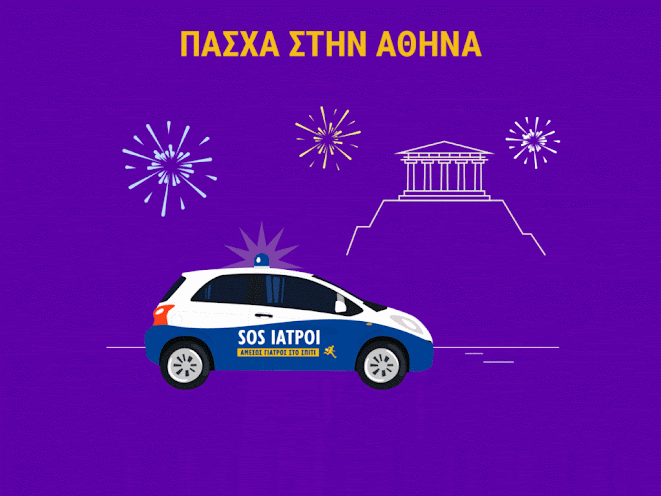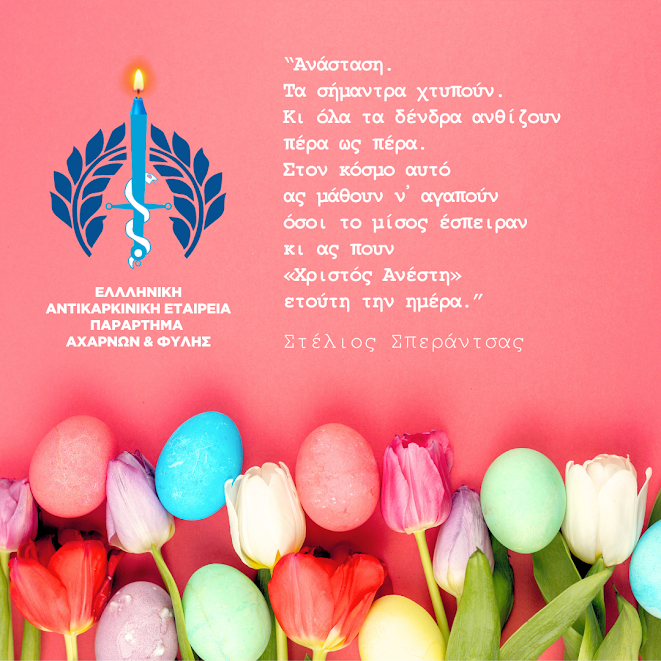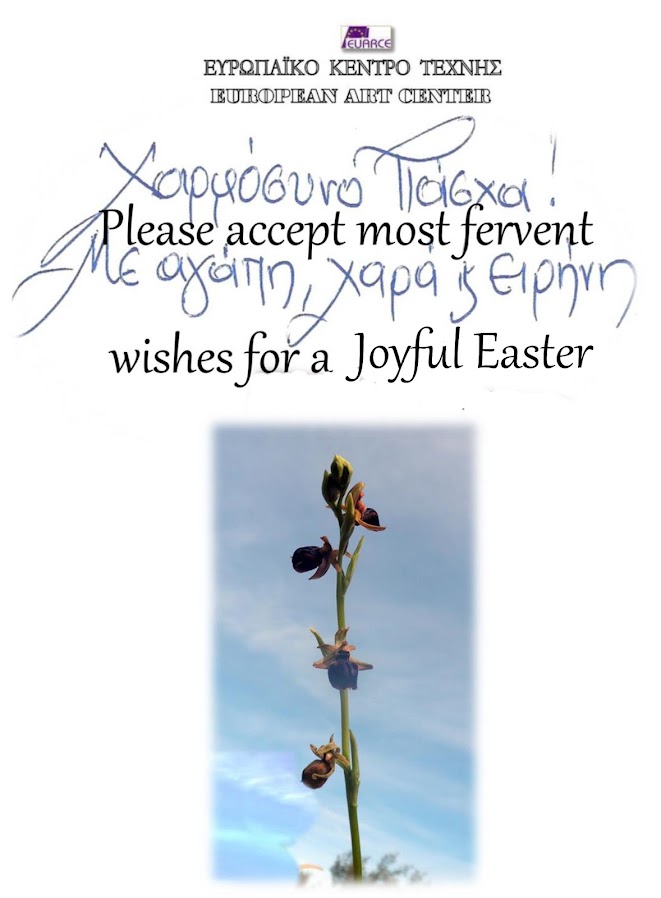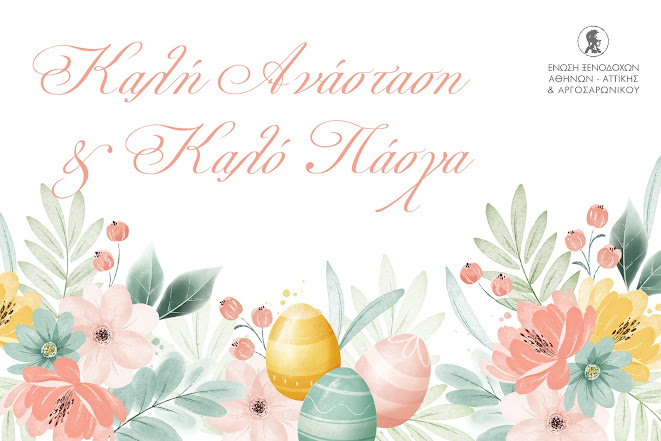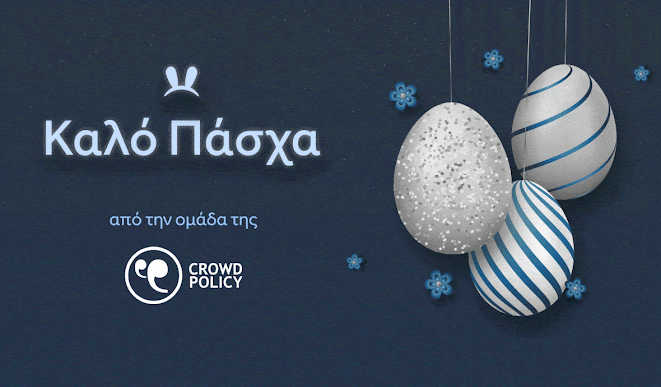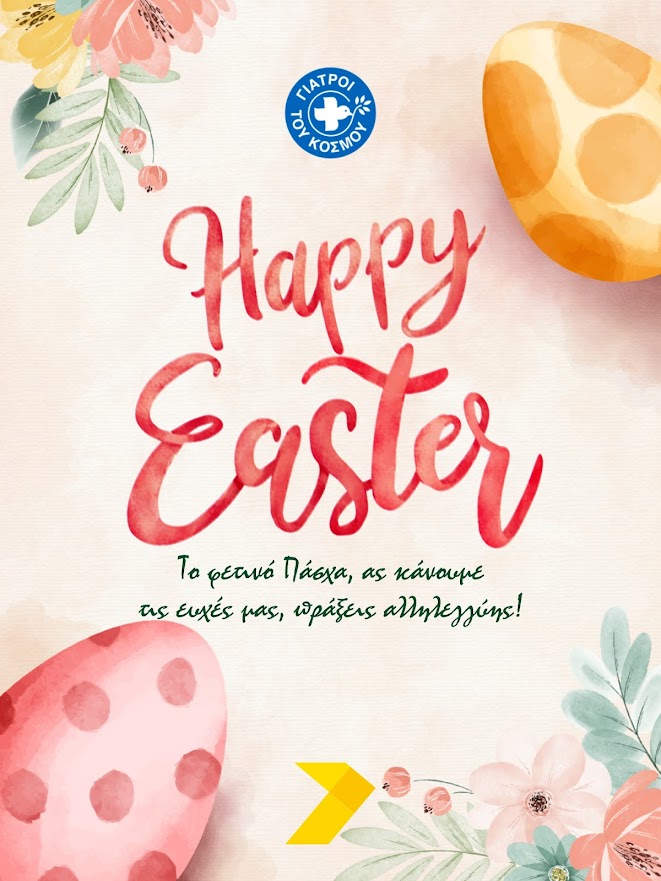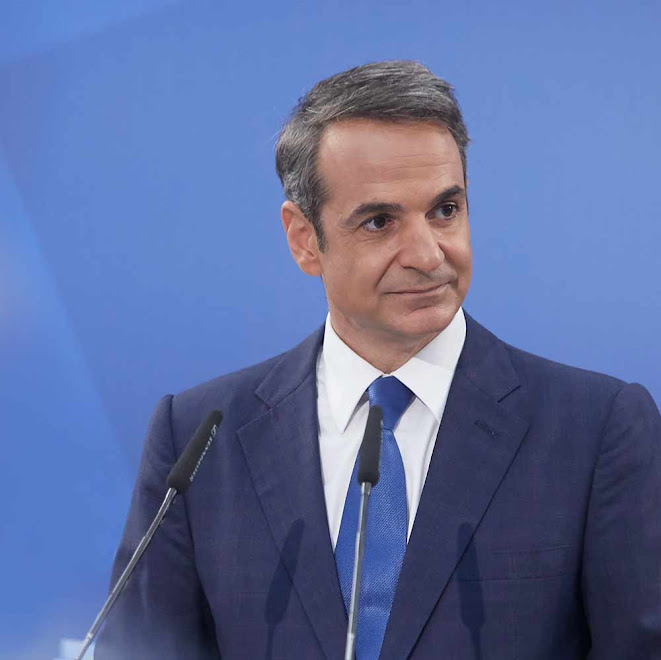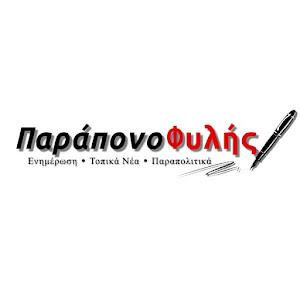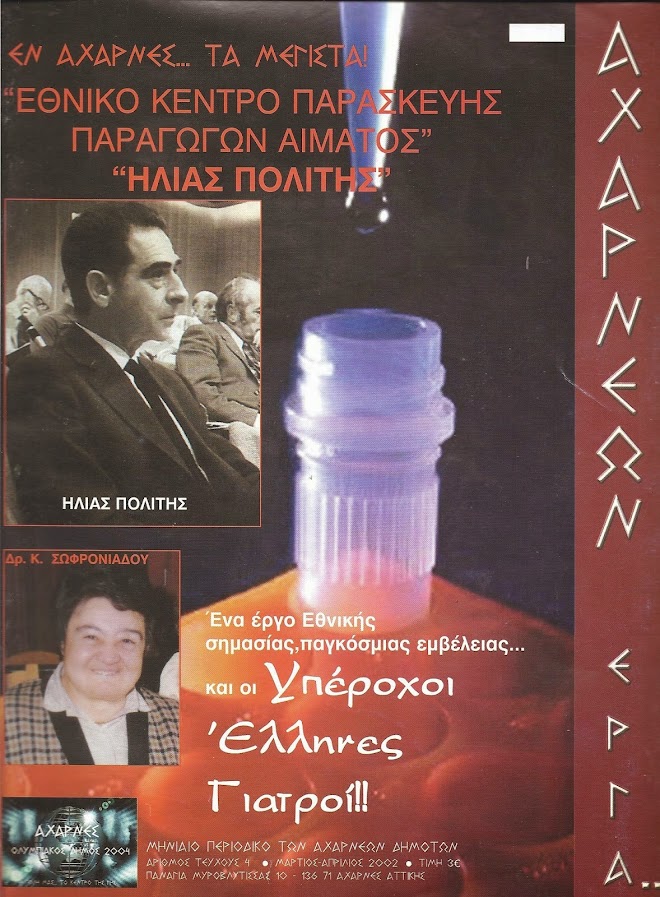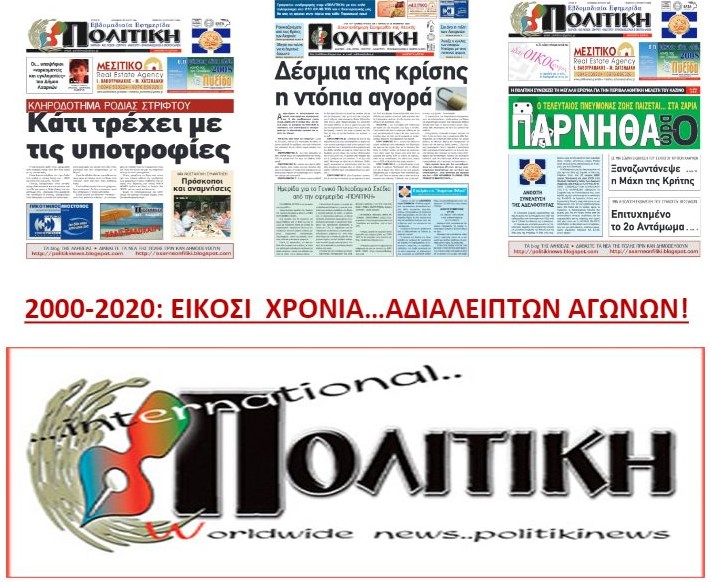Russia-Bulgaria talks
4 March 2019 17:00
Dmitry Medvedev held talks with Prime Minister of Bulgaria Boyko Borissov.
Dmitry Medvedev’s meeting with Prime Minister of Bulgaria Boyko Borissov
Russia-Bulgaria talks
Documents signed
Statements for the press by Dmitry Medvedev and Boyko Borissov following talks
Dmitry Medvedev’s meeting with Prime Minister of Bulgaria Boyko Borissov
Dmitry Medvedev’s meeting with Prime Minister of Bulgaria Boyko Borissov
Russia-Bulgaria talks
Excerpts from the transcript:
Dmitry Medvedev: Mr Prime Minister, colleagues,
Indeed, this is my first official visit to Bulgaria as head of Government, although we met in Moscow and at the ASEM summit in Brussels last year.
Mr Prime Minister, thank you for inviting me and my colleagues so that we can exchange views on the current state of affairs in our relations and discus the economy and major projects. In fact, we have already started this discussion. We have plenty to strive for, as in recent years some of our economic cooperation numbers have improved, while others, unfortunately, worsened, especially if we look at last year’s results. However, the intergovernmental commission has resumed its activities. The Minister of Industry, who heads it on our part, is present here. We have major projects, some of which you and I have already discussed, in the energy sector and the gas, oil and nuclear industries. We have great tourism cooperation. Our holiday-makers love Bulgaria, and we will even have a special forum on this subject tomorrow, where we will discuss cooperation in tourism between our countries.I would like to take this opportunity to once again wish you and all citizens of Bulgaria a happy national holiday, the Day of Liberation from the Ottoman Yoke. This date is important for our countries. In 2018, the 140th anniversary of Bulgaria’s liberation was celebrated, and in July we will celebrate the 140thanniversary of our diplomatic relations.
On a separate note, I would like to thank you, Mr Prime Minister, for being able to strike a deal with the weather gods so that we can enjoy this beautiful weather now. Clearly, this bodes well for our relations. I hope it will be instrumental in helping us achieve good results.
Thank you for the invitation.
Boyko Borissov: Thank you once again for acknowledging our holiday.
There are many complicated issues in these complicated times. As an EU and NATO member, Bulgaria is undergoing a period of diminished trade between our countries.
Working together, we have managed to resolve this problem in tourism. Tomorrow we will discuss the ferry crossing between Burgas and Novorossiysk among other issues.
Russia has made a huge investment in a children’s camp (Kamchia Spa and Health Complex). So, all is well, more or less, on this front.
As for the Balkan gas distribution centre, we made it clear that Bulgaria will take part in the gas transit system for the simple reason that this initiative rightfully belongs to it. If gas transit to Turkey is discontinued, our pipes will remain empty and be at the disposal of the gas transit system. We are doing nothing other than seeking sources of gas from Russia and Azerbaijan in order to fill pipelines in Bulgaria. Our decision is clear and coordinated with the European Commission. This is a gas hub – that is what we call this gas distribution centre. Just as in the case of Nord Stream 1 and Nord Stream 2, we can handle the transit and sale of about 15–16 billion cubic metres. South Stream was supposed to transport 60 billion, and this a mere 15 billion. I don’t see any reason why Bulgaria should give up this advantage over all of its neighbours as it has the best gas transit compressor system.
As for the Belene nuclear power plant, the situation has changed with the loss of time. The Arbitration Court in Paris ruled in no uncertain terms that the two reactors belong to Bulgaria which will have to pay 1.176 billion with interest for them.
<…>
Documents signed following the talks:
The signing of joint documents
– Protocol on amending the Agreement between the Russian Federation and the Republic of Bulgaria on Social Security of 27 February 2009
Signed for Russia by Minister of Labour and Social Protection Maxim Topilin; for Bulgaria by Minister of Labour and Social Policy Biser Petkov;
– Protocol on amending the Agreement between the Ministry of Health and Social Development of the Russian Federation and the Minister of Labour and Social Policy of the Republic of Bulgaria on the application of the Agreement between the Russian Federation and the Republic of Bulgaria on Social Security of 27 February 2009
Signed for Russia by Minister of Labour and Social Protection Maxim Topilin; for Bulgaria by Minister of Labour and Social Policy Biser Petkov;
– Programme of collaboration in the tourism sector between the Ministry of Economic Development of the Russian Federation and the Ministry of Tourism of the Republic of Bulgaria for 2019–2021
Signed for Russia by Minister of Economic Development Maxim Oreshkin; for Bulgaria by Minister of Tourism Nikolina Angelkova;
– Plan of consultations between the Ministry of Foreign Affairs of the Russian Federation and the Ministry of Foreign Affairs of the Republic of Bulgaria
Signed for Russia by Deputy Minister of Foreign Affairs Alexander Grushko; for Bulgaria by Deputy Minister of Foreign Affairs Yuri Sterk.
Statements for the press by Dmitry Medvedev and Boyko Borissov after talks
Excerpts from the transcript
Statements for the press by Dmitry Medvedev and Boyko Borissov after talks
Dmitry Medvedev: I have just concluded bilateral talks with my colleague, Prime Minister of the Republic of Bulgaria Boyko Borissov. At first we had a limited attendance meeting and then an expanded one. Our dialogue is always marked by an open and absolutely constructive atmosphere. We discussed in detail our bilateral agenda and interregional contacts between our countries, and mapped out plans for the future. The most important point is that we reaffirmed our mutual desire to promote bilateral contacts and relations on the full range of issues.
I am hoping that our Intergovernmental Commission on Trade, Economic, Scientific and Technical Cooperation that resumed its work last October after a three year interval will be able to analyse everything that is happening. I made a point of noting this because regrettably we have such commissions with far from all EU countries, not to mention the lack of major meetings between the Russian Government and the European Commission. This is bad because if there are no contacts, there must be doubts in each other and a feeling that someone is holding things back. I hope that this mechanism, our Intergovernmental Commission, will still produce results for us, notably, raising the level of trade, economic and humanitarian cooperation between our countries. Let me remind you that our trade was about $5 billion before the imposition of any type of restrictions or sanctions, whereas now it is about $3 billion. Obviously, this means lost jobs and is probably no good either for Bulgaria or Russia.
Unfortunately, the status of our trade and economic ties is fairly complicated, although Russia remains one of Bulgaria’s major trade partners. We export energy to Bulgaria and Bulgaria supplies us with machines and equipment, and medications. However, since sanctions were imposed, it no longer supplies us with some goods – once again I am not sure this is a good thing. Although there are no indicators of a major increase in bilateral trade, there still exists a wide corridor of opportunities. I hope we will manage to restore the pre-crisis level of cooperation we had in 2012.
What else would I like to say? Of course, energy cooperation remains a flagship of our relations. We will continue energy cooperation although we also had problems in this area. First of all, I am referring to the TurkStream project. But we must consider the experience of the past few years. It was not the most pleasant experience we had with South Stream. I hope we will be able to discuss further concrete steps after we receive relevant guarantees – and not from the Bulgarian Government. I am referring to reliable guarantees from the European Commission to the effect that this project will not collapse and will not face any obstacles. I hope our Bulgarian friends also understand this and will work accordingly. I have spoken about this with my colleague.
Another major energy project is the Belene nuclear power plant. We are ready to consider our participation in this electric power project. We have just spoken about this. Our Rosatom Company has vast experience participating in such projects. Importantly, these are projects on EU territory.
My third point is about people-to-people ties. We and our Bulgarian friends share the opinion that we should expand our contacts in education, science and art, and use, in particular, interregional formats for this purpose. Over 80 Russian regions and cities have twin relationships with Bulgarian municipalities. This is a good foundation for developing trade, economic and humanitarian cooperation between our regions. Our countries have similar views on many issues, primarily historical events. Last year, we celebrated the 140th anniversary of the end of the Russo-Turkish War, in the course of which Bulgaria was liberated. This year we will mark another important anniversary for our countries. I have already spoken about it. This is the 140th anniversary of diplomatic relations between Russia and Bulgaria.
I am sure that if we dig through the history, we can turn up plenty of memorable dates that we share in common that could be used for enhancing bilateral cooperation, all the more so – and this is no secret – as people in our two countries are interested in each other’s culture. Russians eagerly spend their vacations in Bulgaria. They occupy fifth or sixth place in the total number of tourists to your country. Naturally, we are always glad to welcome Bulgarians who are planning to travel in our country. By the way, this issue will be discussed at the Russia-Bulgaria business forum on tourism tomorrow.
In conclusion, I would like to sincerely thank Prime Minister of Bulgaria Boyko Borissov for the warm reception and a very candid conversation. We agreed to continue our relations in this vein.
I am very pleased to visit Sofia where I have not been for a fairly long time. I hope our meetings, which should be regular, and direct intergovernmental contacts will help promote Russia-Bulgaria cooperation.
Thank you very much for your invitation once again.
Boyko Borissov (via interpreter): Colleague, ministers, I congratulate you on signing the agreements.
We are preparing similar agreements on cooperation between our police departments and in sports. They will be ready for signing very soon.
We have met at a very difficult time for the world. The new arms race exceeds the indicators of the Cold War. The threat to the world has never been so huge before. I am one of those who would like common sense to prevail and the sides to resume talks, because a military conflict in this situation would be deadly for the whole world. I sincerely hope that it will not happen. We are ready to do all we can to promote a positive scenario.
Tomorrow we will discuss tourism. We are strengthening cooperation between our police departments in light of the large number of Russian tourists and Russian citizens who have property in Bulgaria. We will be discussing cooperation prospects in this sphere. Mr Medvedev and I discussed the development of interaction between our law enforcement agencies and a maximally free exchange of information when necessary.
As for the gas sector, it is true that we sustained major damage, in particular, Gazprom, whose platforms were located in Burgas. The pipes were already delivered to Burgas and Varna when the European Commission launched the procedure to impose a fine. It is logical that Prime Minister Dmitry Medvedev mentioned the European Commission’s guarantees. Complaints have been voiced against Bulgaria, although we want to maintain good partner relations with Russia. I would also like to say clearly that Bulgaria does not need additional gas – this is for the critics of the idea of the Balkan gas distribution hub. At present, between 14 and 16.7 billion cubic metres (bcm) of gas are delivered to Turkey via Ukraine. This is how much gas will bypass Bulgaria when TurkStream becomes operational; our pipes will be empty.
I would like to ask what investments we can expect in our gas distribution and compressor system. We are not talking about the Russian side. Bulgaria would like to continue to receive at least as much gas as it received before.
Potential deliveries under Nord Stream were estimated at 60 bcm. This figure has been cut to 15 bcm. Talking about Bulgaria’s dependence when the figure is only 15 bcm is unacceptable.
My colleague has no doubts about the loyalty and decency of Bulgaria’s relations with the European Union. We would like at least to preserve the current volume of gas transit. I want this to be perfectly clear. It is not surprising that Mr Juncker said there are no complaints about the gas distribution hub. Gazprom has declared an interest in this. We are now working on a project to build an LNG terminal with Greece. It will ensure diversification, and we will keep our position on the gas market.
In other words, we would like to remain at the current level in terms of gas volumes. If there are any national traitors, they are the ones who want our investments to go down the drain and the equipment to be sent to the scrapyard.
When we complete this pipeline, the volume of gas will increase. We have stated our position clearly. Yes, there must be a public tender and maximally transparent operations, so that no complaints are possible against us or our partners.
As for the Belene nuclear power plant, I have raised this issue again because it concerns Bulgaria’s interests. After the Paris-based International Court of Arbitration ruled that Bulgaria must pay 1.2 billion euros, plus interest, for the two reactors built by Russia but which belong to Bulgaria already, you kindly allowed us not to pay any interest. We have paid for the equipment, and we now have two generation 3+ reactors.
Russian participation can take different forms. We will know which after the tender, which we are now preparing. I believe the Rosatom head is satisfied with the standards of our efforts to prepare the tender. It will be a maximally open and honest tender in which all our major partners will participate. They have already declared their interest.
Yes, we are one of the few countries that are protecting their coal-fired power plants. I don’t know how long we will keep this position, though, because allowable emissions are becoming increasingly expensive. We are grateful to Rosatom for increasing the service life of our reactors. In 15 or 20 years we will have to shut down major generating capacities; we will be unable to use hydropower or electricity generating systems. In other words, we will have to import energy 10 or 12 years from now.
<…>
There are forces that are against your presence, that want us to choose between NATO and Russia. But we have said clearly that Bulgaria is a NATO member and yet a good partner of Russia. And we would like the Black Sea to remain a sea of tourism and friendship. This beautiful sea is too small for warships. I urge Russia and my NATO colleagues to launch talks. No matter how difficult a decision, it must be taken eventually. There are issues on which we disagree, but talks and meetings can help us move forward. I may have missed some of the issues, but we will be able to discuss tourism, culture and religion at the Russian-Bulgarian business forum tomorrow.
Our relations are developing as planned. We need to maintain the combat ability of the fighter planes we bought in Russia at least for the next few years, until we buy new planes. We are not threatening anyone; of course, we are a great power but we approach our tasks and goals pragmatically.
This visit is very important for me, because 3 March is a national holiday in Bulgaria. We always pay tribute to fallen heroes. We laid a wreath to such a monument together. We must respect the fallen, all those who have done so much for our country. We are delighted to welcome you to Bulgaria.
Jens Stoltenberg has visited us recently, and now you have come to Bulgaria. Some people look for a connection between these two visits. And nobody thinks that we need to discuss delicate issues.
Dmitry Medvedev: What my colleague has said is wonderful proof of a simple truth: fighter planes can fly anywhere, but it is more important for gas to flow where it is needed to fire power plants. I believe that we should work together with our Bulgarian colleagues towards this goal.
Dmitry Medvedev lays a wreath at the Monument to the Unknown Soldier in Sofia
4 March 2019 16:30 Sofia, Bulgaria
Laying a wreath at the Monument to the Unknown Soldier in Sofia
The Monument to the Unknown Soldier was unveiled in 1981 on the 1300thanniversary of the Bulgarian state. It is a symbol of national gratitude to those who died for the freedom of Bulgaria over its centuries-old history. The monument is located on the historical Alexander Nevsky Square, by the southern wall of the Saint Sofia Church that gave its name to the Bulgarian capital.
There is also a statue of a lion (the symbol of Bulgarian statehood) near the composition. It is the only remaining part of a 1936 monument that was never finished. The monument was designed by architect Nikola Nikolov and sculptor Lyuben Dimitrov as a sarcophagus in which holy soil from all across the country with the remains of known and unknown heroes who sacrificed their lives for Bulgaria’s freedom is stored. At the foot of the sarcophagus there is an eternal flame that was delivered from the Shipka Pass.




